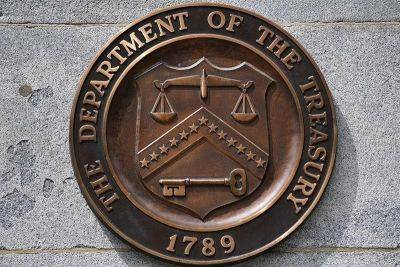BIR: Estate tax availment now up to June 2025
THE Bureau of Internal Revenue (BIR) said Tuesday that the period for availing the estate tax amnesty has been extended until June 14, 2025 after the passage into law of Republic Act No. 11956.
“With the issuance of Republic Act No. 11956 and its implementing rules and regulations, we hope that more citizens will avail of the estate tax amnesty considering that its deadline has been extended until June 14, 2025 and its coverage has been expanded,” BIR Commissioner Romeo Lumagui Jr. said.
To implement the law, the BIR has issued Revenue Regulations (RR) No. 10-2023, which also expanded the coverage of estate tax amnesty to include the estate of individuals who passed away on or before May 31, 2022.
The bureau said this is regardless of whether assessments had been issued or not, provided the estate taxes remained unpaid or had accrued as of the said date.
The amended regulations also outlined changes to key aspects of the tax amnesty filing and payment process.
Per RR No. 10-2023, the estate tax amnesty return (ETAR) can be filed and paid electronically or manually, by the executor or administrator, legal heirs, transferees, or beneficiaries, within June 15, 2023 until June 14, 2025 at any authorized agent bank (AAB); through revenue collection officer (RCO) of any revenue district office (RDO); or authorized tax software providers.
Installment payment is also now allowed within two years from the statutory date of its payment without civil penalty and interest.
The regulations also specify the necessary documents for the processing of applications for estate tax amnesty.
This includes the mandatory requirements, such as certified true copy of the death certificate, taxpayer identification number (TIN) of decedent and heirs, and government-issued identification card of the executor/administrator of the estate.
Specific requirements for real properties (if any) and personal properties, if applicable, are likewise specified in the regulations, together with other applicable requirements.
Proof of settlement of the estate, whether judicial or extra-judicial, need not accompany the ETAR if it is not yet available at the time of its filing and payment of taxes, but no







